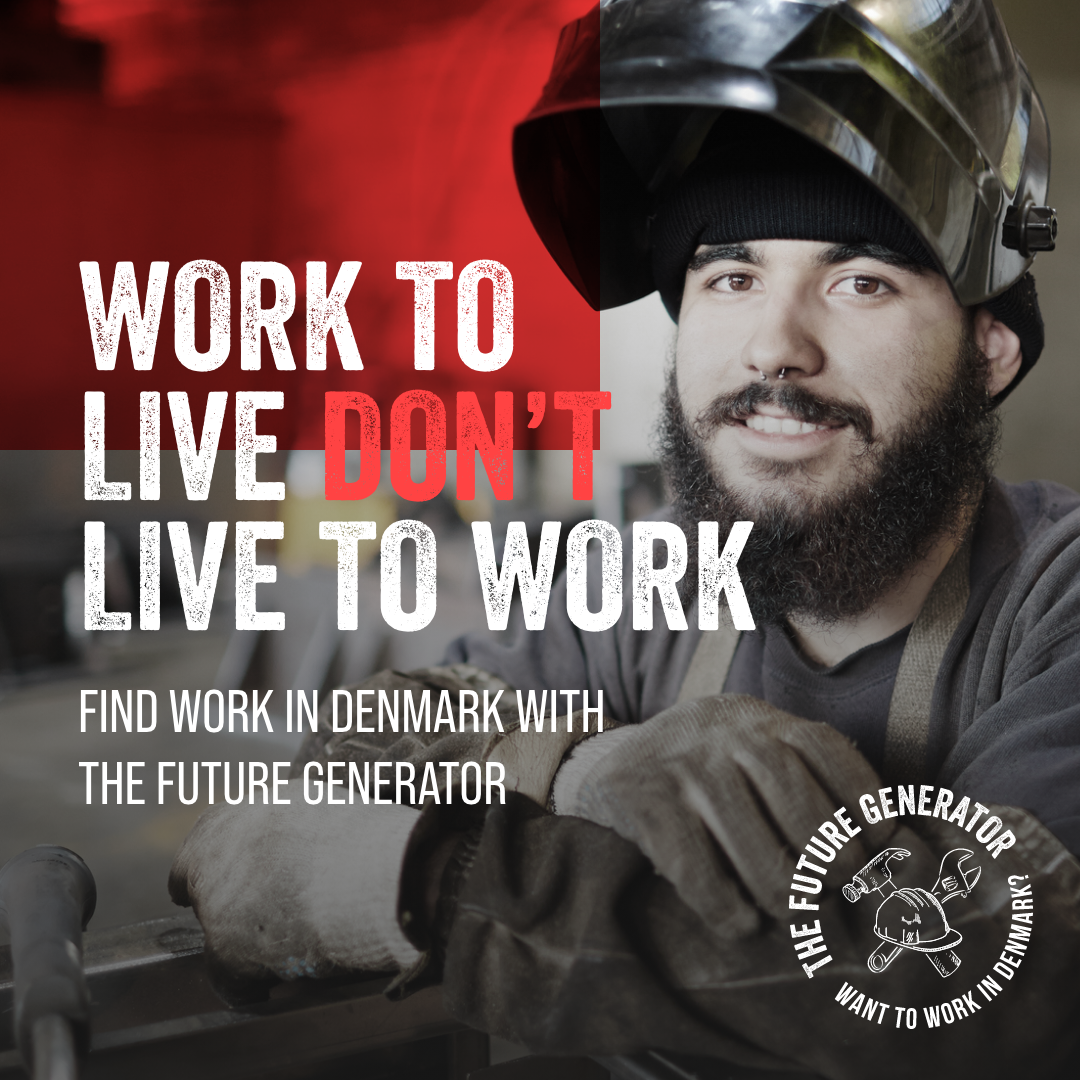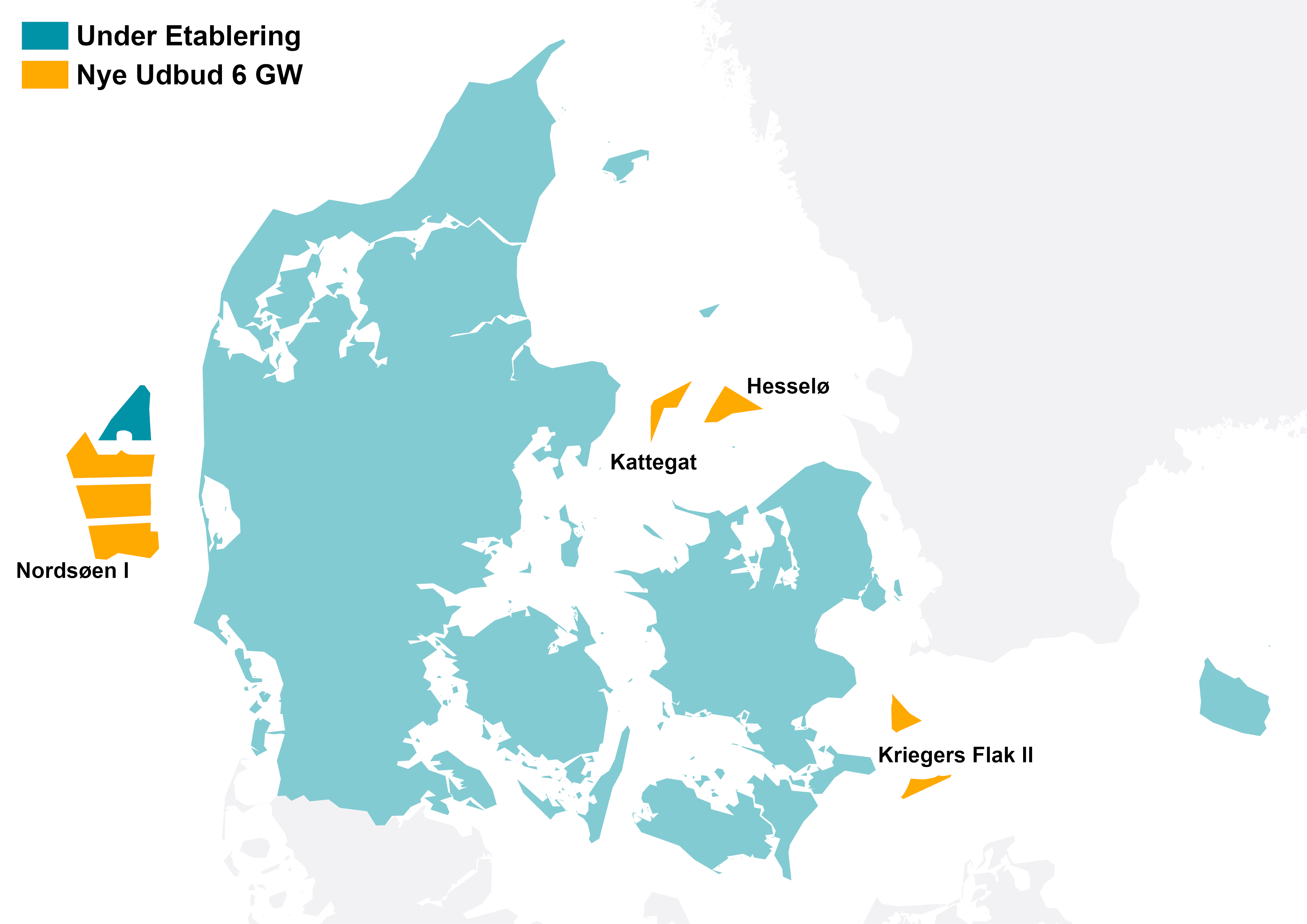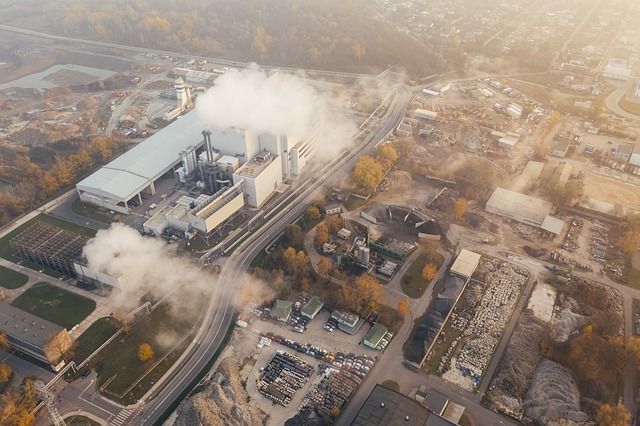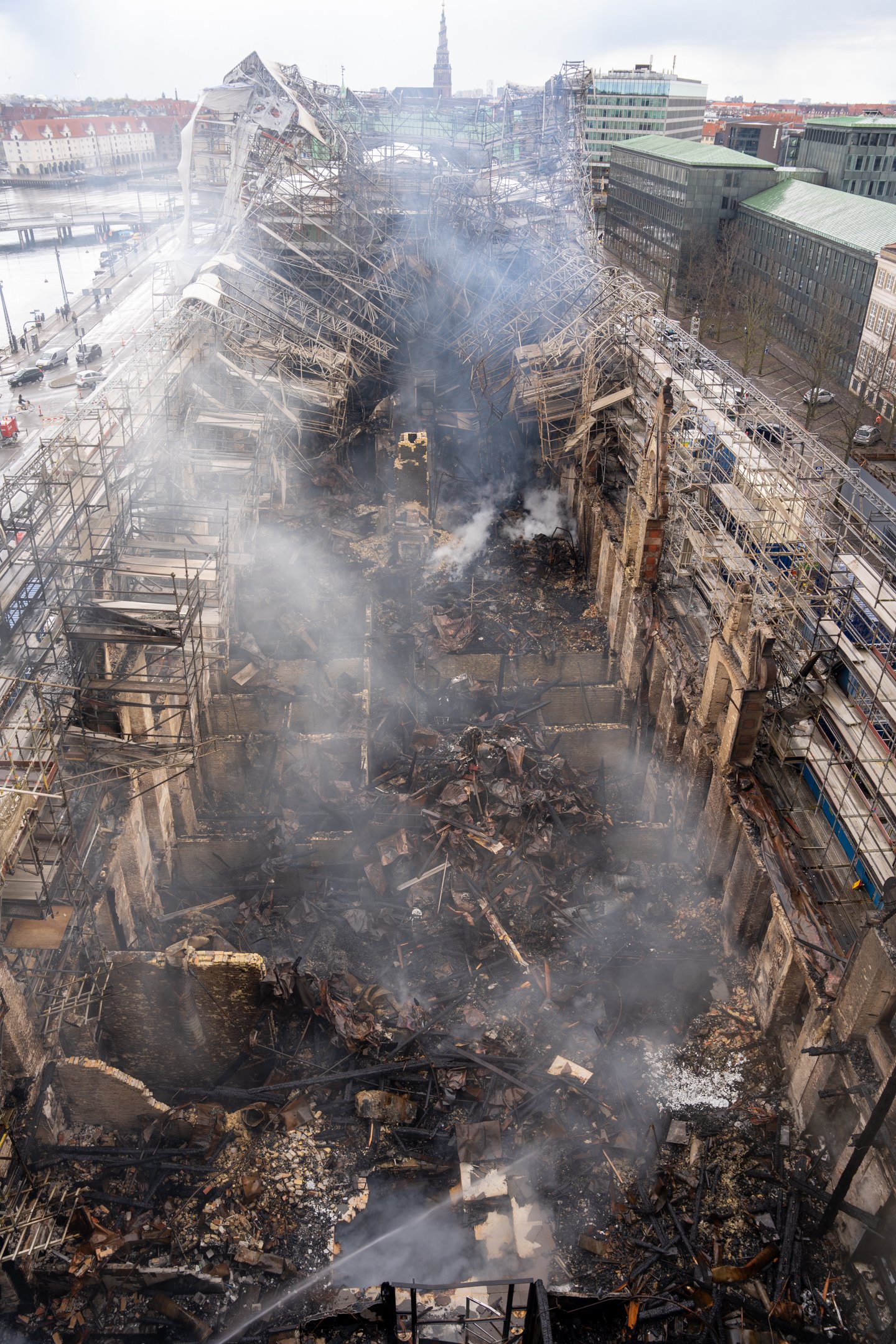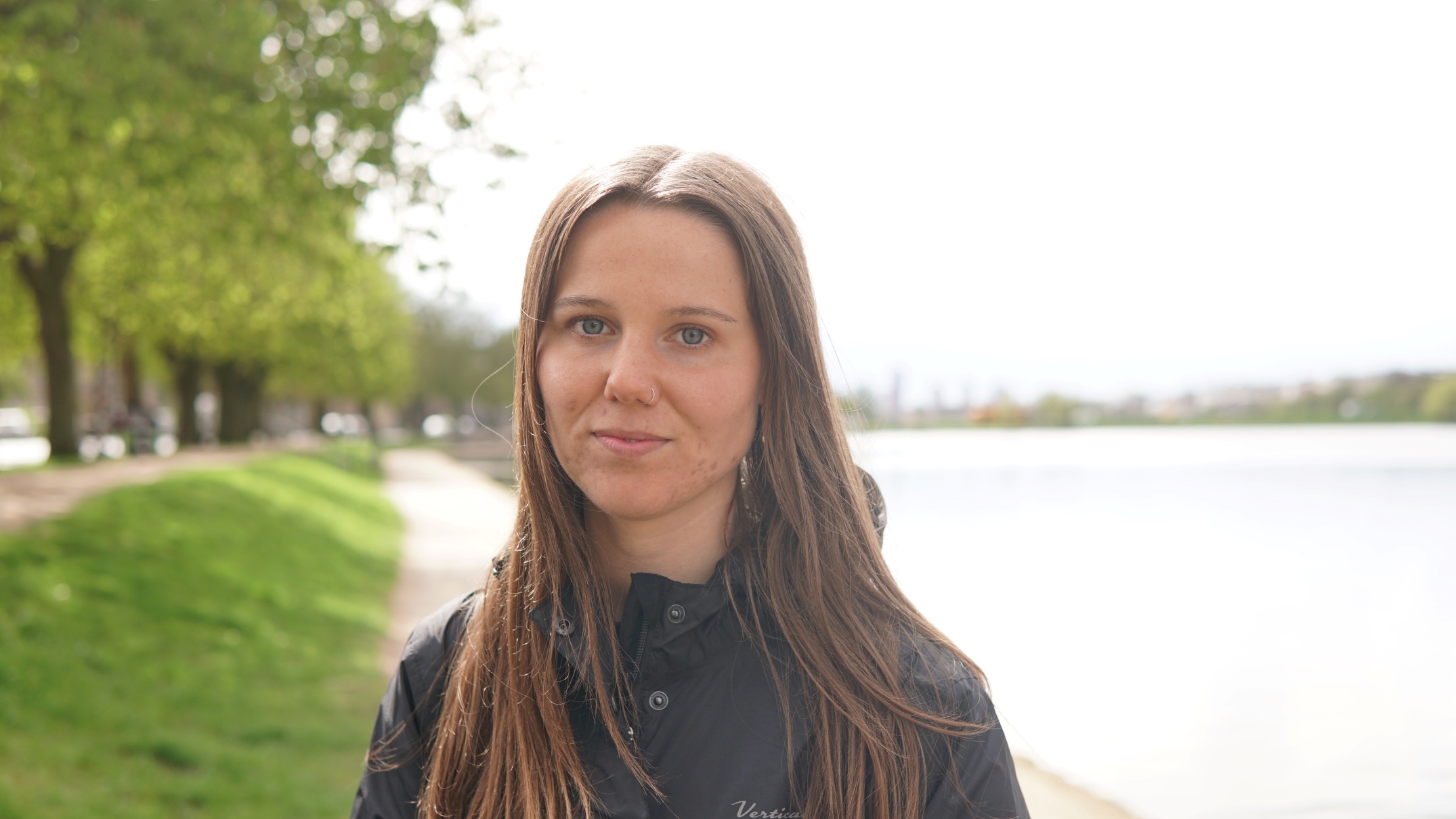The Danish health service is attempting to reach out to immigrants and asylum seekers who suffer from trauma or who have a mistrust of authority after being subjected to torture.
These groups are less frequent visitors to hospitals, which makes them less likely to receive the treatment and diagnoses they need in order to recover from illnesses.
Hvidovre Hospital has now started a new clinic specifically targeting these groups, with an aim to create a better environment and more comprehensive diagnostic tools to help this marginalised group.
“It’s important that the Danish health service helps everyone equally,” Birgitte Kjøller Pedersen (Socialistisk Folkeparti), the deputy chairman of the local health authority Region Hovedstad, wrote in a press release. “The new clinic will reach out to a particularly vulnerable group that needs a different approach, both by laying out the clinic a little differently, and by providing a more holistic approach to the patients. We want the new clinic to work on understanding the individual’s total situation and background and remove any barriers obstructing the patient’s recovery.”
According to Region Hovedstad, certain immigrants and asylum seekers often suffer from trauma, insomnia, memory problems and a fear of authority. They also often face cultural and language barriers that decrease their chances of receiving appropriate treatment.
Doctors will now be able to refer their patients to this clinic for treatment if they feel the patient will be better served there than at a conventional hospital.
“We want to try and offer a broad spectrum treatment that will include social, psychological and medicinal aspects that will hopefully ensure the patient receives a correct diagnosis and treatment,” Helge Kjersem, senior doctor at Hvidovre Hospital and the manager of the new clinic, said. “We think that it will help ensure that patients are offered the best possible treatment regardless of their ethnic backgrounds.”
The clinic is set away from the main hospital building in a nearby pavilion and will have a different and more comfortable feeling than conventional hospitals. According to Region Hovedstaden, some immigrants have formed negative associations with buildings that have long hallways and small rooms without sunlight, particularly those who were subjected to torture.
The clinic will also act as a research and teaching centre that is hoped to gather data that will help offer better treatment opportunities for immigrants in the future.


